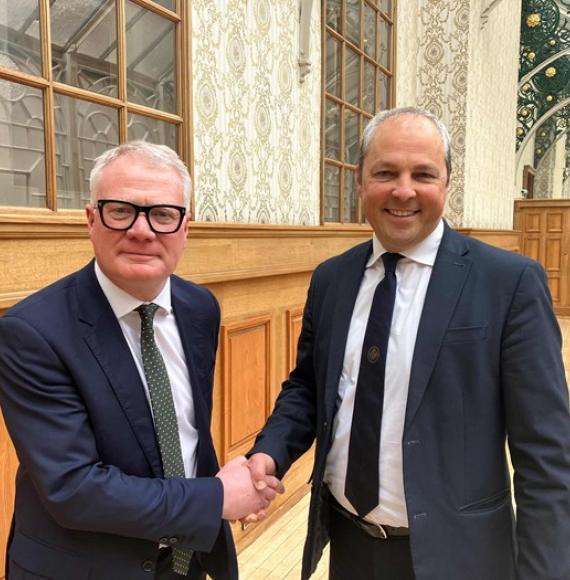Senior councillors in Leeds are set to renew their commitment to tackling child poverty in Leeds at an upcoming Executive Board meeting.
Leeds City Council’s strategy, ‘Thriving’, first launched in 2019, brings together vital work across the city to help reduce the impact of poverty on children and young people.
Thriving unites key organisations across Leeds under one strategic goal and works with the public, private and third sectors, along with schools, children, young people and families with direct experience of poverty.
On Wednesday 23 June, the council ‘s Executive Board will be updated on the work of the Thriving strategy, which incorporates the additional challenges faced by families dealing with financial hardship as a result of the Covid-19 pandemic.
Highlights of the strategy include:
- The co-ordination of an emergency food response through the Local Welfare Support Scheme and free school meals in school holidays
- Providing help and advice to parents seeking employment
- Continuing to expand the city’s successful Healthy Holiday programmes
The council said poverty is the one of the greatest challenges faced in Leeds and figures show that the number of children living in poverty had already been rising for six years in the lead up to the pandemic.
As a result of Covid-19, there has been a rise in unemployment and significant increases in claims for Universal Credit both in Leeds and nationally.
Many families have seen their household income reduce and six million people in the UK have fallen behind on their bills.
During lockdown, many of the Thriving initiatives were modified to respond to the needs of children and families while they remained at home.
The updated strategy reflects on the success of the past year and is a promise from the council to continue doing all it can do mitigate the impacts of child poverty.
Commenting, Leeds City Council’s Executive Member for Adult and Children’s Social Care and Health Partnerships, Councillor Fiona Venner said:
“Even before the virus, more than 4.3 million children were living in poverty across the UK and we know that the people who have been hardest hit by the pandemic are those who were already struggling on low incomes.
“Our vision is to make Leeds the best city for children and young people to grow up in and we will do everything in our power to reduce the impacts of child poverty.
“We are proud of the support we’ve seen across the city for our initiatives, particularly through the pandemic, including our emergency food provision, Healthy Holiday programmes and employment support.
“Yet we don’t control the levers that can lift children and families out of poverty.
“If we truly want to level up every part of the country, we urgently need to see a national ambition that matches the seriousness and scale of the problem.
“We need decently paid jobs, good, accessible childcare, an appropriate welfare system, together with well-funded local authorities.
“Above all, children’s interests must be at the heart of the recovery.”



















